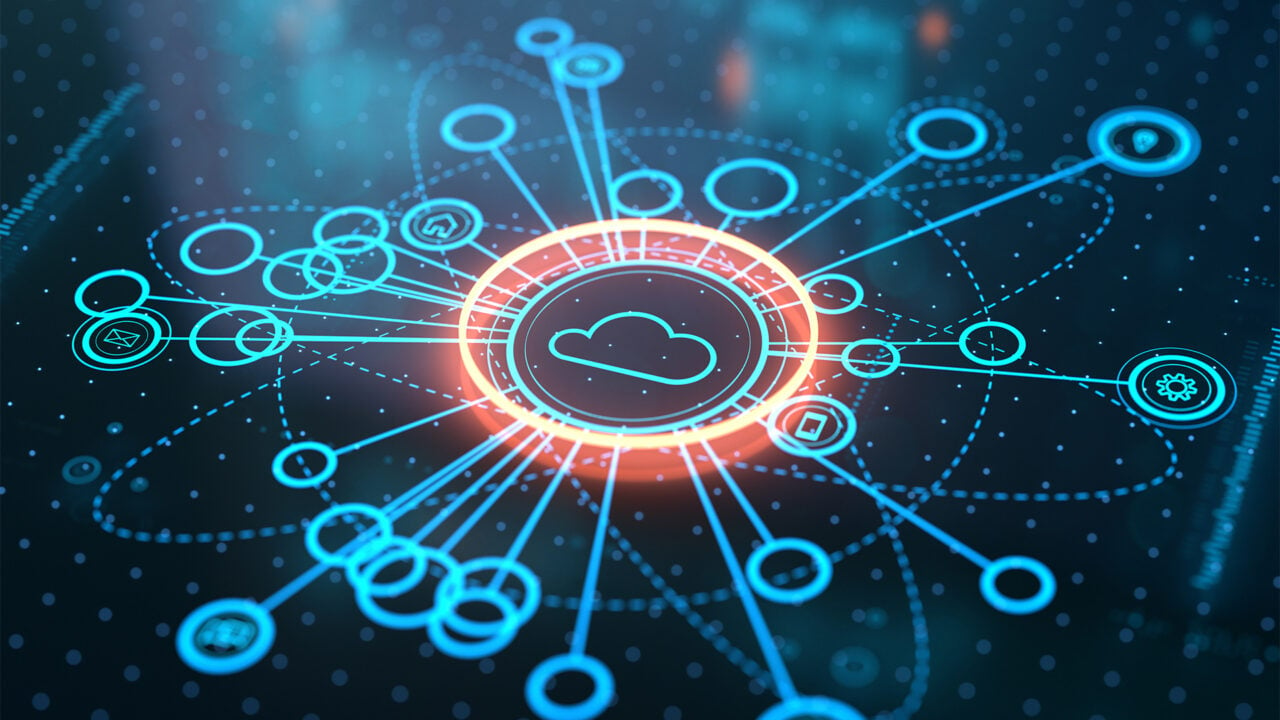Cloud Computing has been described as a technological change brought about by the convergence of a number of new and existing technologies. Cloud computing for messaging incorporates the following key technical characteristics:
• The ability to create scalable capacity; the system’s performance is the same if scaled for one, to a hundred, or a thousand users with consistent service-level characteristics.
• Infrastructure software is flexible so applications are not locked into devices or locations. Existing applications like CRM and ERP are easily integrated into the messaging system.
• Pay-as-you-go usage of the IT service; you only pay for what you use and with no or minimal up-front investment costs. The service is typically through a connection and device.
• Service is on-demand; able to scale up and scale down with near instant availability. Planning can be real time as oppose to forecasting the buying of equipment
• Access to applications and information from any access point.
But this is only half the story. The magnitude of cost reduction and specific technical performance is also impacted by current advances in Cloud Computing. These on-going changes can give a five to ten time’s productivity improvement.
While no ROI study can be 100% accurate – there are many variables and intangibles fundamentals that go into calculating an ROI. Attempting to measure the ROI is still an important way to help organizations choose if there are advantages to deploy and exploit a cloud managed system.
Challenges and Benefits
The National Institute of Standards and Technology (NIST) has been designated by the US Federal Chief Information Officer (CIO) to accelerate the federal government’s secure adoption of cloud computing by leading efforts to identify existing standards and guidelines (pdf).
ROI: Premise vs. Cloud Based
| On-Premise Costs | Advantages | Cloud-Based Services |
| Capital Outlay | X | Reduces costs of ownership |
| Hardware/Software | X | All infrastructure resides in the Cloud |
| Scalability/Capacity | X | Ensures growth with only incremental costs |
| Maintenance/Upgrades | X | Zero maintenance optimizes IT Budget |
| Service Contracts | X | There are no monthly service fees |
| Disaster Recovery | V | FULL DR and redundancy built in the system |
| Downtime | X | Guarantee service performance, SLA |
| Repot Transparency | V | Real Time Transparency of all messages |
| Network Costs Bandwidth/Telecom | X | Cloud Based Services allows reduction of both data and telephone service costs |
| Personnel/Training | V | Reduces the operational management workload |
| X = No costs
V = Value added |
||
Recommendations
Retarus makes the following recommendations to companies who are considering a Cloud Base system deployment:
• Organizations should undertake an ROI assessment of their current Fax, email and SMS with the primary purpose of identifying the goals and benefits that can be achieved from deploying.
• Understand the business benefits of Cloud – such improved planning capabilities, reduced risk, and increased efficiency and agility. An ROI assessment should be used to prioritize smaller, specific actions that have measurable outcomes.
• The total cost of ownership of on premise hardware and software and the return it delivers will vary among different business units and roles. Try taking a multi-variable approach to calculating ROI in each business unit.
• Prior to Cloud deployment, create operational processes that will ensure adequate use of the new software and encourage cross-function communication and collaboration between facilities and IT teams.
• In choosing a cloud system, consider long-term objectives. Make sure the system you use has redundant SSAE18 Data centers and support changing datacenter environments, including both on- and off-premises remains scalable and flexible.
Discover more details about Retaru’s Cloud Services here or from your local Retarus contact person.



